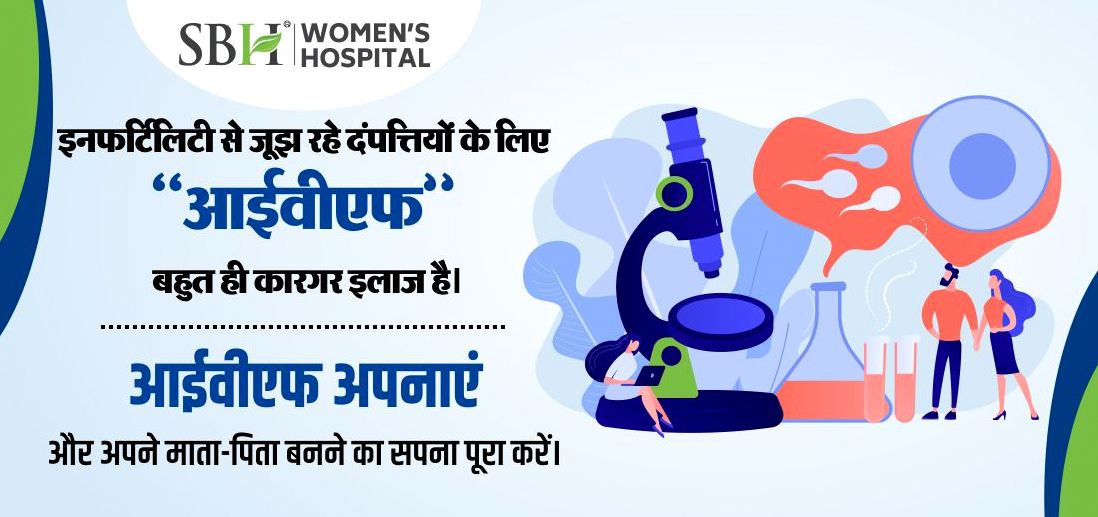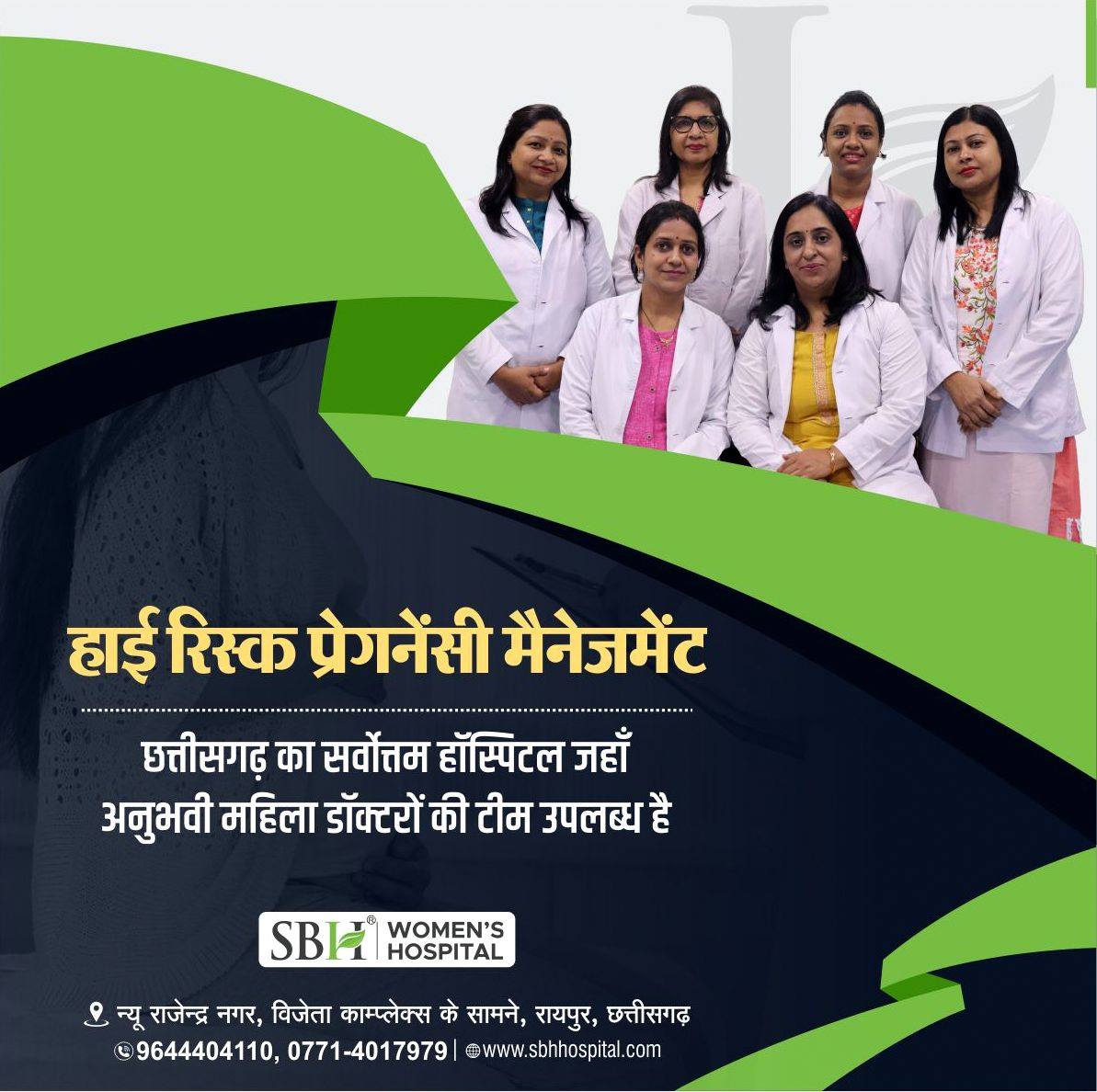IVF – Giving Birth to Pregnant Possibilities!
“IVF is a complicated procedure that demands extensive expertise, years of hands-on experience, and dexterous skill to do correctly. As a result, a quick brief of this complex process might help you understand why we are regarded as the best IVF treatment facility in Chhattisgarh, India.”
IVF – Giving Birth to Pregnant Possibilities!
Bygone are the times when a married couple had to remain remorseful and ever shed their hot and blinding tears of Unspeakable Anguish just because they were not biologically eligible or fertile enough to have a child.
Thanks to the IVF, for now, it is giving birth to pregnant possibilities!
IVF stands for in vitro fertilization, which is performed to help a woman become pregnant. Apart from treating many causes of infertility, it is done to treat a wide range of conditions, such as Advanced age of the woman (advanced maternal age), Damaged or blocked Fallopian tubes (can be caused by prior reproductive surgery or pelvic inflammatory disease).
Known to be the most effective form of assisted reproductive technology, the procedure of IVF can be simply carried out by using a couple's own eggs and sperm. Or the technique may involve eggs, sperm, or embryos from a known or anonymous donor. In some cases, someone who has an embryo implanted in the uterus, known as a gestational carrier, might be used.
Why it's done!
In vitro fertilization (IVF) is a treatment for infertility and genetic disorders. If IVF is done to treat infertility, you and your spouse may be able to try less-invasive treatment options before attempting IVF, including fertility medicines to increase egg production or intrauterine insemination, a procedure that involves placing sperm directly in the uterus near the time of ovulation.
Infertility in women over the age of 40 is sometimes treated using IVF as primary treatment: If you have specific medical issues, IVF may serve as an option. IVF may be a viable option if you or your spouse has:
- Damage to or obstruction of the Fallopian tube. Damaged or blocked fallopian tubes make it difficult for an egg to be fertilized or for an embryo to reach the uterus.
- Ovulation issues are extremely prevalent. There are fewer eggs available for fertilization when ovulation is sporadic or non-existent.
- Endometriosis, a female-specific condition. Endometriosis affects the ovaries, uterus, and fallopian tubes when uterine tissue implants and grows outside of the uterus.
- Fibroid in the uterus. Fibroids are benign tumors in the uterine wall, commonly affecting women in their 30s and 40s. The fertilized egg may not be able to implant due to a fibroid.
Sperm Generation/Function is impaired. Sperm concentrations that are below average, sperm motility that is poor, or abnormalities in sperm size and shape can all make fertilization problematic. If abnormalities in your partner's sperm are identified, he may need to see a professional to see if there are any issues that can be fixed or if there are any underlying health concerns.
A Genetic Disorder. If you or your partner are concerned about passing on a genetic disorder to your child, you may be a candidate for preimplantation genetic testing, which is an IVF process. After the eggs have been harvested and fertilized, they are checked for genetic abnormalities, albeit not all of them may be detected. Embryos not having any known abnormalities can be implanted in the uterus.
Fertility Preservation for Cancer or Other Illnesses. If you're going to start cancer treatment that can affect your fertility, such as radiation or chemotherapy, IVF for fertility preservation can be an option. The eggs of women can be retrieved from their ovaries and preserved unfertilized for future use. Alternatively, the eggs can be fertilized and saved as embryos to be used later.




